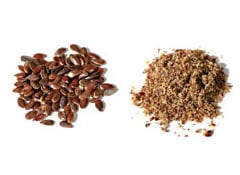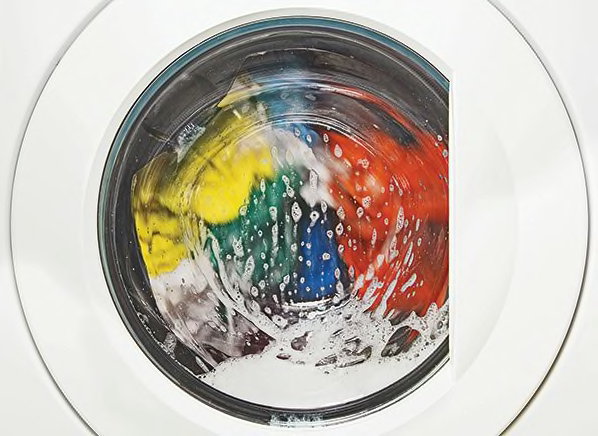Sign In

Menu
Suggested Searches
Recent Searches
Suggested Searches
Product Ratings
Resources
Chat With AskCR
Resources
All Products A-ZThe payment for your account couldn't be processed or you've canceled your account with us.
Re-activateMy account
Sign In
My account
Sign In

Flax products have been popping up all over grocery-store shelves lately, with claims such as "special protection for women's health" and "fights the blues." Here's our take on the seed's potential benefits, as well as some advice on how to incorporate it into your diet.

Flax products come in three forms: supplements, oil, and the seed itself. All of those, like fish oil, contain omega-3 fatty acids. In fish oil, those substances protect the heart in several ways, notably thinning the blood and lowering levels of triglycerides. Moreover, those fatty acids might offer other health benefits, including protection against mild depression, Alzheimer's disease, and macular degeneration.
But it's unclear if the fatty acids in flax, which come in the form of alphalinolenic acid (ALA), provide the same benefits. That's because the body has to convert ALA into the two fatty acids, eicosapentaenoic acid (EPA) and docosahexaenoic acid (DHA), found in fish oil. And to get meaningful amounts of those compounds you may have to consume lots of flax, according to a September 2008 study in the American Journal of Clinical Nutrition. It found that even large doses of flax oil—four to six 600-milligram capsules—boosted blood levels of EPA by only about 35 percent and had no effect on DHA.
Still, flax oil might provide at least some coronary protection. And flaxseeds, especially crushed or ground, may offer certain benefits that fish oil does not. For example, they are rich sources of lignans, compounds that alter the way the body handles estrogen. That may explain why preliminary research hints that flaxseed can lower the risk of breast cancer. And one small study of women with mild menopausal symptoms found that about 3 tablespoons of flaxseed a day eased their hot flashes and night sweats as effectively as supplemental estrogen. Finally, the seeds contain lots of fiber, protein, magnesium, and thiamin.
Flax-oil supplements might be worth a try for people who want some of the benefits of fish oil but don't like the taste of fish or fish-oil pills, or avoid fish because they're vegetarians. But the supplements aren't good for people who can't take fish oil for safety reasons, because they may interact with the same blood-thinning drugs. And women with a history of breast, ovarian, or uterine cancers, as well as endometriosis or fibroids, should talk with their doctor before consuming flaxseeds because of their possible effect on estrogen. But most other people can safely add flaxseed to their diet.
 WASHING MACHINE REVIEWS
WASHING MACHINE REVIEWS GENERATOR REVIEWS
GENERATOR REVIEWS
 Build & Buy Car Buying Service
Build & Buy Car Buying Service
Save thousands off MSRP with upfront dealer pricing information and a transparent car buying experience.
 Get Ratings on the go and compare
Get Ratings on the go and compare
while you shop

